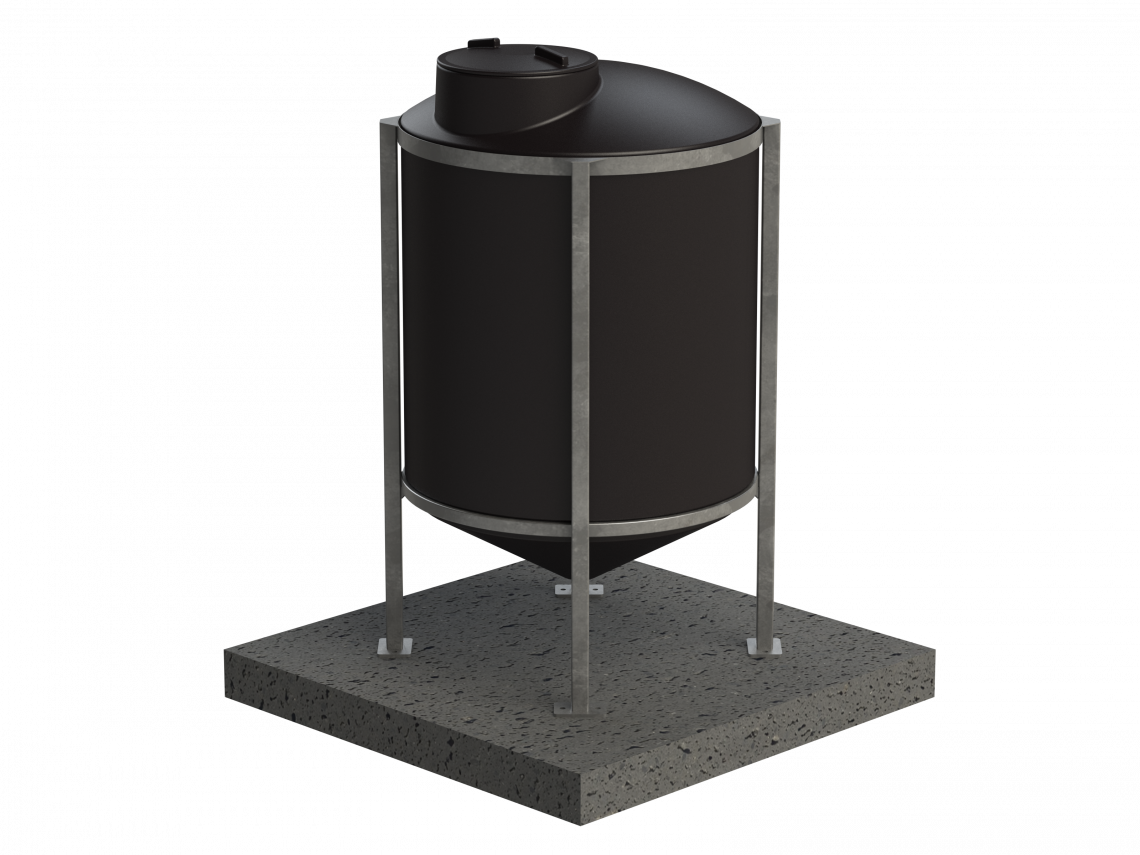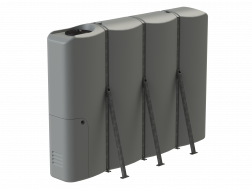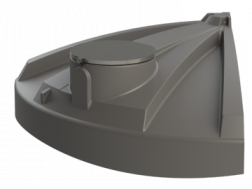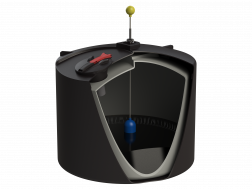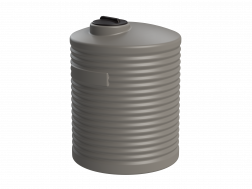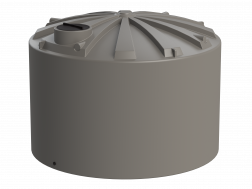XPCX01000
XPRESS Cone Tank 1,000 Ltr
The XPRESS Industrial Cone tanks are useful when full drainage of liquid is required.
- Custom seismic solutions available
- Galv steel support frame
- Custom welded fittings on request
- 30deg sloped base.
Please note: We recently completed an update of our product codes and descriptions. For reference only, the old code for this product is: XPCN01000
POA
| Code | Description | Capacity(L) | Manhole Dia(mm) |
|---|---|---|---|
| XPCX01000 | XPRESS Cone Tank 1,000 Ltr | 1000 | 450 |
We recommend using a registered plumber or drainlayer to install your water tanks. Visit our recommended installers page to find one in your area. If you wish to install yourself, we recommend you follow the guidelines provided in the following resources:
At Promax, we pride ourselves on making things easy for you. This includes helping you understand how council consents work. Our team is familiar with the processes surrounding consents, and wherever possible, we'll assist you based on our knowledge of these requirements. Read more here.
We offer a range of speedy shipping options, including North and South Island delivery trucks constantly on the road to ensure your tank gets to you as quickly as possible, and in top condition. Whatever it takes to maximise your storage and minimise your wait.
The short answer is that polyethylene tanks are safe in every department. If you have any doubts about the safety of polyethylene water storage tanks, this article should dispel them.
...Read MoreSeismic restraints add another layer of safety by acting as a set of anchors for large industrial storage tanks. A series of restraints around the tank's base are bolted into a concrete pad to hold the tank in place and prevent movement during an earthquake or other events, including cyclones and floods. A poly tank set solid and immovable at the base, and with flexibility and durability throughout the rest of the structure, appeals as the safest and most robust option for liquid storage. Click here to learn more about Seismic restraints.

